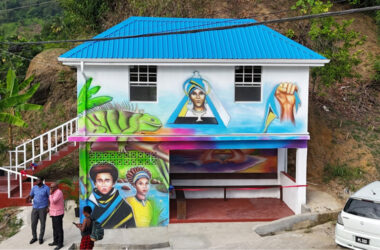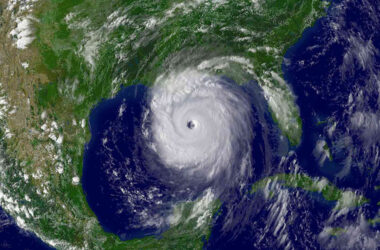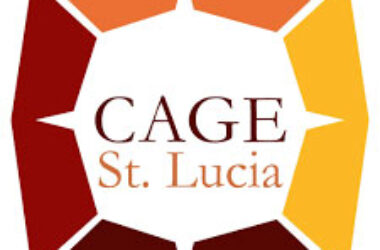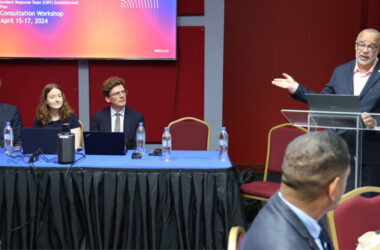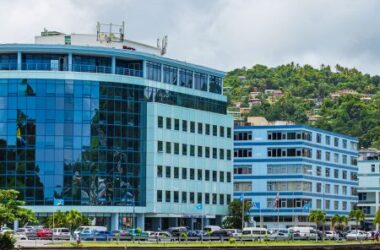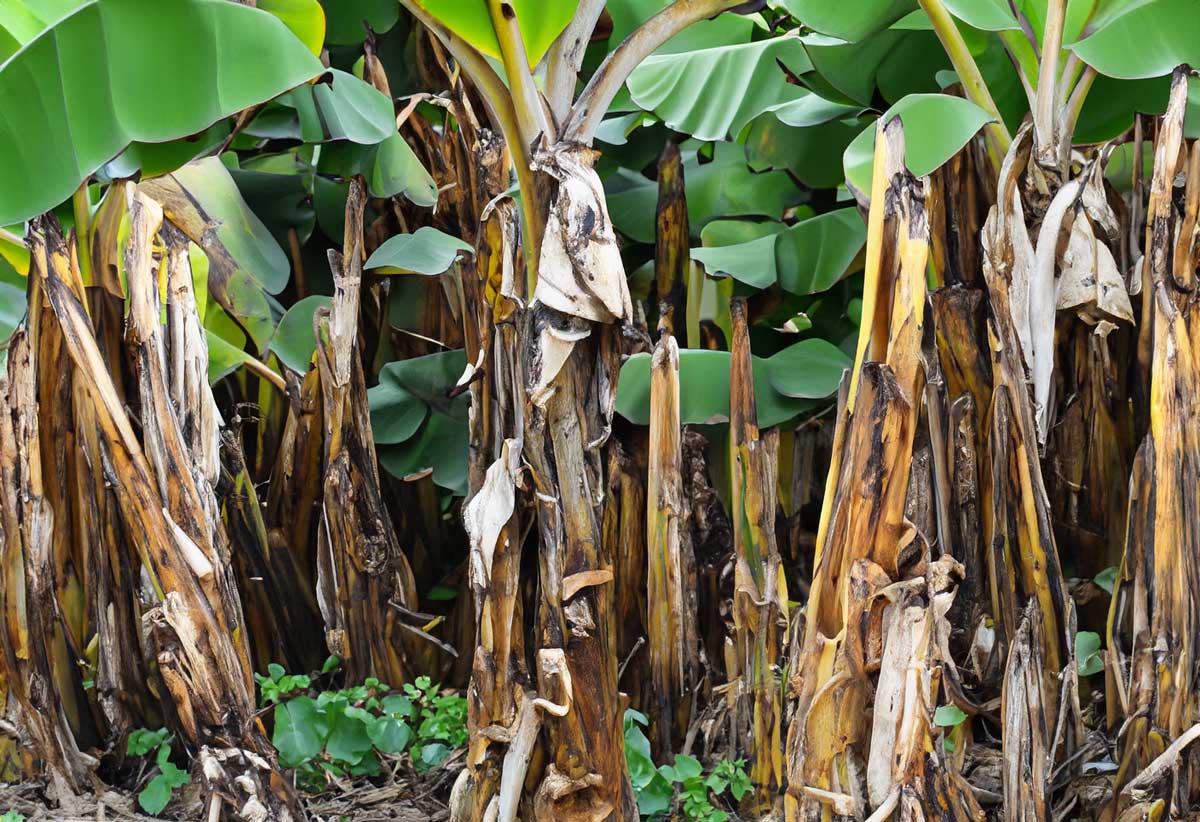
SAINT Lucia is taking concrete steps to prevent the dreaded Tropical Race 4 (TR4) disease from reaching its shores.
Ministry of Agriculture personnel have formulated a Task Force to help safeguard the country’s banana industry from the effects of the Fusarium wilt, commonly known as the Tropical Race 4 (TR4) disease, which affects bananas and plantains. The department is in the process of stimulating and strengthening awareness about Tropical Race 4.
It is described as the latest race of the fungus Fusarium oxysporum f. sp cubense, recently renamed Fusarium odoratissimum. The TR4 disease is identified as a soil-borne pathogen that attacks the roots of the banana plant, causing the wilt disease by clogging its vascular system and eventually killing the entire plant.
Though the fungus has not been detected on local shores or in other regional territories, local authorities are greatly concerned about the potential threat that can negatively impact the longevity of the banana industry. TR4 has been detected in the countries of Latin America.
Winston Elliot, Chair of the Communications Committee in the Ministry of Agriculture responsible for the Fusarium Wilt Tropical Race 4 in bananas, explained that the disease had been around since the early 50s and 60s and this current virus is another strain in the series.
“We are putting measures in place to ensure that we prevent it (TR4) from entering our shores,” Elliot told The VOICE Thursday.
He said that a “proactive approach” to deal with the matter is part of the preventative measures being rolled out by the ministry.
“There is a Task Force and there is actually a Communications Committee that is responsible for doing (implementing) heightened and sustained awareness programmes,” said Elliot.
Cognizant of the dangers involved in the transmission of the disease to local shores, he said the ministry has been meeting with all stakeholders, inclusive of the management of the country’s air and sea ports.
“We are going to be having a series of meetings and awareness raising activities with the staff of the St Lucia Air and Seaport Authority [SLASPA], stevedores, customs officers… and we will be conducting awareness raising activities with the front-line staff,” Elliot noted.
He said the department has met with a SLASPA executive “to chart the way forward …and I have already engaged the customs (department) and they embrace the whole approach. We are also going to have a series of meetings with banana and plantain farmers, island- wide.”
Elliot said the meetings will begin this month end “with a lot of group meetings throughout the island. We have eight agricultural regions and in all of those regions we will be meeting with banana farmers.”
He explained that the committee consists of multiple stakeholders, including the Communications Department, a SLASPA representative, the Chief Extension Officer, “and we are collaborating to try and reach a wide cross section of people as possible.”
Taking a deeper look into the matter, Elliot noted, “Travellers play a big role, in terms of if they come from a country that the pest might be they might have contaminated shoes with dirt or soil. They (may) end up reaching on a farm here (St Lucia). It is one of the means of transmission.”
He said the pest can be transmitted in several ways, such as, contaminated and infected soil, plant material, water, and floods “that can transport the soil-borne fungus that causes TR4 from one place to the other”. Contaminated boots and clothing can also be transmitters of the disease.
In this regard, said Elliot, “We’re pushing a lot to encourage people not to come in with soil on their clothes or bring in boots, or try smuggling in plants that may have soil and may have come from a contaminated area.”
Noting the severity of this TR4 disease, he stated: “Because we’re talking about an entire industry, the livelihoods of many people are at stake … and the impact of bananas and plantains on our economy is enormous. A lot of people depend on it for the livelihoods, and it has a lot to do with us promoting food security and food safety and ensuring that we can provide food for the citizenry.”
While the issue is being monitored on the local end, the committee also looks for guidance and support from the international agricultural experts. “We have International Phyto Sanitary Standards that we need to maintain. So, from a local and regional, and international perspective, we abide and we uphold the laws of the International Phyto Sanitary Standards,” he informed. “So, nobody is supposed to bring in or import plants without a permit. You must apply to bring in plants …any plant material that comes in and it is not something that is registered or recognized or you do not have a Phyto Sanitary Certificate it will not be allowed.”
Also, he said, plants from the MUSA species are not permitted to enter the country, as well as plants related to the banana crop. “We try to encourage people to play their part …everyone has to play their part, as all of our roles are integral in promoting and trying our best to prevent that soil borne fungus from reaching our shores, ” noted Elliot.
The task force will work collaboratively with the Research Department Plant Health Unit in awareness and transferring knowledge to all stakeholders. This will involve sensitization meetings for farmers, tourism industry, schools, church community, radio and television jingles, press releases, media interviews, brochures, bumper stickers, posters, use of social media, among other stakeholders.
Reiterating the potential severity of the TR4 disease on the livelihoods of regional farmers, Elliot said, “The Tropical Race 4 is a very hardy fungus and it’s able to live in the soil for over 20 and 30 years. We do not have any really good …control measures that can be implemented and that is why we are pushing prevention, prevention, prevention.”



